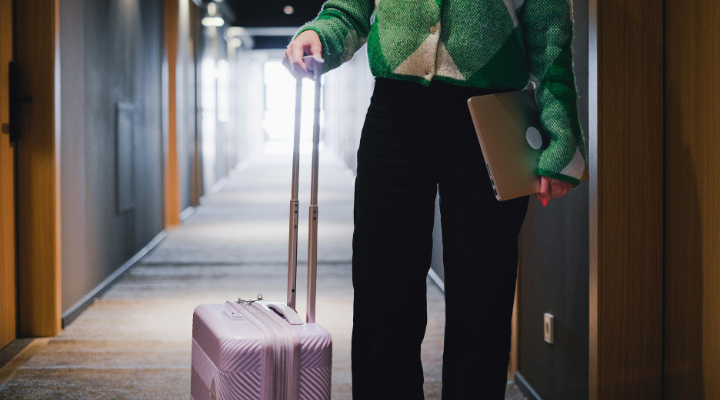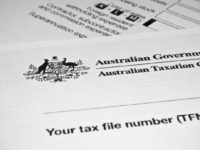Coco Hou is a Registered Tax Agent. In this piece, she explains what you can and can’t claim when it comes to business trips.
As a business owner, the idea of combining work with travel is appealing, but when it comes to tax deductions, the Australian Taxation Office (ATO) is strict. Many professionals are wondering what they can claim when traveling overseas if they attend a business event or conference. Unfortunately the answer isn’t as straightforward as some might think.
The ATO places the burden of proof on taxpayers to demonstrate that their travel is primarily for business purposes.
Many business owners assume they can claim an entire trip simply because they attended a conference. In reality, some book a conference and then build a holiday around it, thinking they can claim the whole adventure as a tax write-off. The ATO is wise to this and expects clear documentation proving that the trip was for business purposes, not a disguised holiday. You’d be surprised at the type of analytics and data matching the ATO uses to flag inflated or bogus travel claims.
What you can claim
If your overseas trip is primarily for business, certain expenses may be tax-deductible, including:
- Airfares and transport costs directly related to business activities,
- Accommodation for business-related stays,
- Conference or seminar registration fees,
- Meals and incidental expenses during the business portion of the trip; and
- Travel expenses required for meetings with clients, suppliers or partners
The ATO requires detailed records, including itineraries, receipts and proof of business engagements. Keeping a travel diary is essential to capturing all movements and expenses.
Clothes and other costs
Accidents happen while traveling. If you forget a suit or a shoe heel breaks, you might need to replace them, but these expenses are not claimable. Clothing is considered a private expense. However, if you require specific work-related safety gear such as steel-capped boots for a trade event, these could be deductible.
Dining out can be deductible if the meal is part of a business-related event, like a networking dinner or a client meeting. However, personal meals while traveling are not deductible.
When it comes to transport, if you take a taxi or rideshare to a conference or business meeting, that expense is claimable. But if you use transport for sightseeing or personal activities, you have to cover those costs yourself.
If you incur overseas phone or internet charges purely for work, they are deductible. However, if mixed with personal use, then you must apportion the expense accordingly.
What you can’t claim
Certain expenses are not deductible. While this should seem obvious, you would be surprised by the types of things that people try to claim. The personal portion of any trip, such as sightseeing or extended stays for leisure, is not claimable. Nor are expenses for family members or non-business companions. Extravagant or unnecessary expenses, such as luxury entertainment or shopping are definitely not included. Essentially any travel not directly related to business purposes should not be claimed.
If your trip involves both business and leisure, you can only claim the portion directly related to work. For example, if you attend a three-day conference but stay two extra weeks on holiday, those additional days are not deductible.
Avoiding red flags with the ATO
The ATO closely monitors overseas travel deductions, so maintaining accurate records is crucial. To avoid issues, you should keep detailed receipts and records of all expenses, maintain a travel diary to document business-related activities and ensure that business activities are legitimate and not just incidental to a holiday. If you are unsure, seek professional advice.
Claiming an overseas business trip on tax can be legitimate, but only if it meets ATO requirements. The best approach is to be honest, keep thorough records and ensure that business is the main purpose of the travel.
















